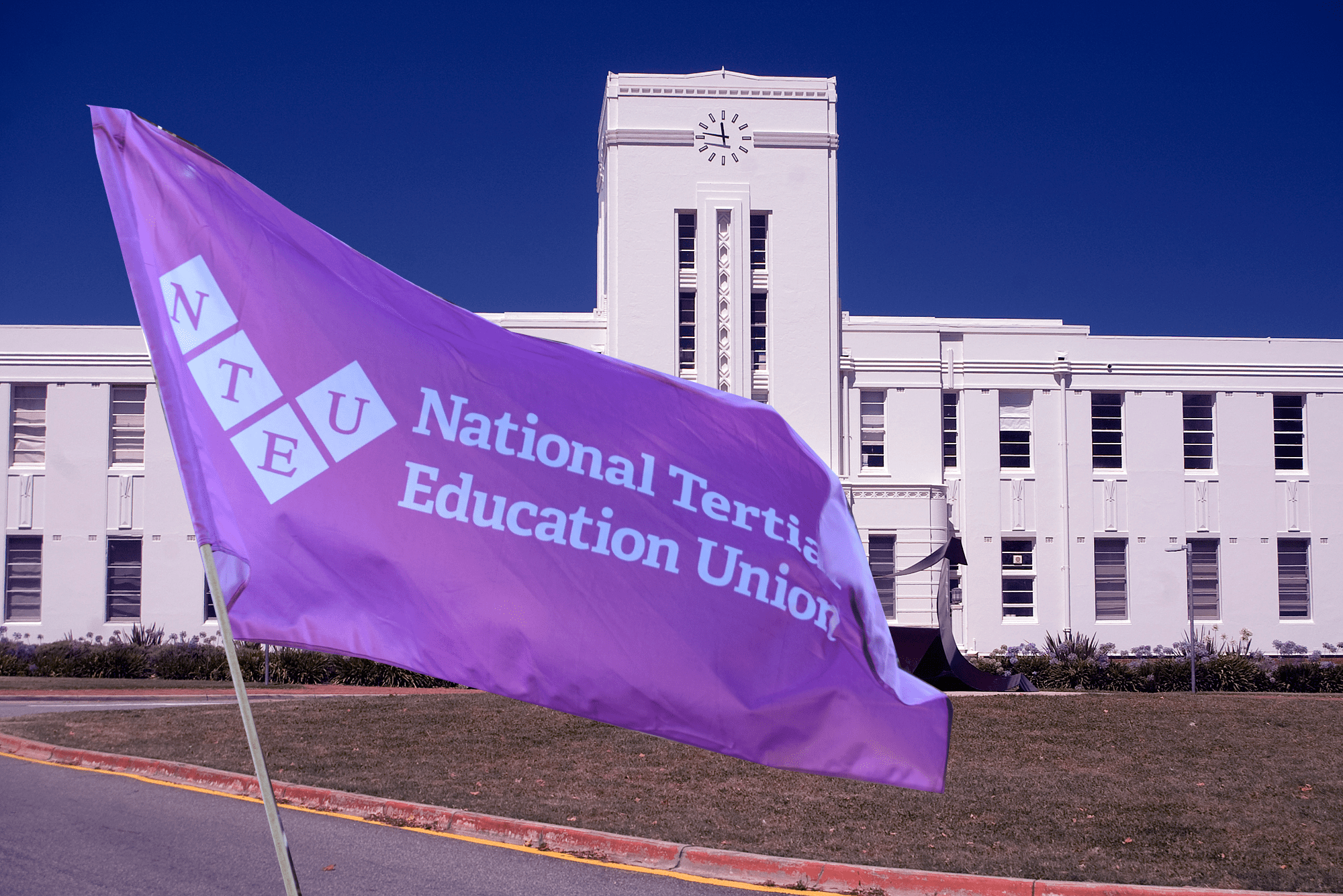The Australian National University (ANU) Branch of the National Tertiary Education Union (NTEU) are preparing to take strike action following the lack of progress for casual staffing conditions and pay agreement discussions which left NTEU members disappointed.
The latest NTEU bargaining standards are demanding significant reform to casual staff policy. This includes fair salary increases of 15% by 2024, increased job security through decreasing casualisation, and healthy workload provisions, which would include paid leave, gender affirmation leave, and support for tertiary research, ANU’s student paper Woroni reports. The NTEU at large will continue to support the demands which follow protesting against voluntary redundancy and wage theft from casuals —with casual employment comprising over 40% of ANU’s tertiary workforce.
The NTEU and union members decided to proceed with the Protection Action Ballot which authorised members to utilise industrial action in the future for fighting for staff welfare. Members have not yet organised a definite strike but are meeting to discuss the future of the union’s industrial action.
A spokesperson for NTEU states, “Unless the ANU pay offer is revised, a strike at the ANU is all but certain. This will be a decision for our members, but the current pay offer is unacceptable.”
This position comes after a dispute regarding ANU’s alleged “16.99% pay rise from 2023-2026” which the NTEU contests, declaring “the staff have yet to receive a pay rise” and that management has failed to facilitate fair negotiations to improve pay rates. Management also claims to offer a 3.5% yearly pay rise for admin services, however as the agreement period spans 2022-2026 it equates to only 3.2% due to forecasted inflation.
he spokesperson statedthat “this pay offer suggests ANU staff are seen only as a cost, not an asset. Or to put it another way, a cost rather than real people with mortgages or rent to pay, families to feed, and bills to pay.”
This serves as an urgent reminder that “staff working conditions are student’s learning conditions” with industrial action set to continue.
The Protected Action Ballot comes among previous actions taken at ANU and across Australia as part of broader tensions in the tertiary education sector. Staff and students took strike action on May 8th in coordination with other universities around Australia including UNSW, ACU and UC against the consistently unfair enterprise agreement as part of the NTEU’s National Week of Action.
The strike coordination in early May supports the building decision to protest the continuous disregard for casual staff wellbeing and fairness.
ANU management and the NTEU will embark on negotiations in the next few months in the lead up to the planned industrial action. This will impact the future of casual staffing and admin service enterprise agreements. The negotiations are ultimately representative of building pressure from nationwide university strikes which have protested against the current award system that does not cover overtime allowances or fair workload compensation.





